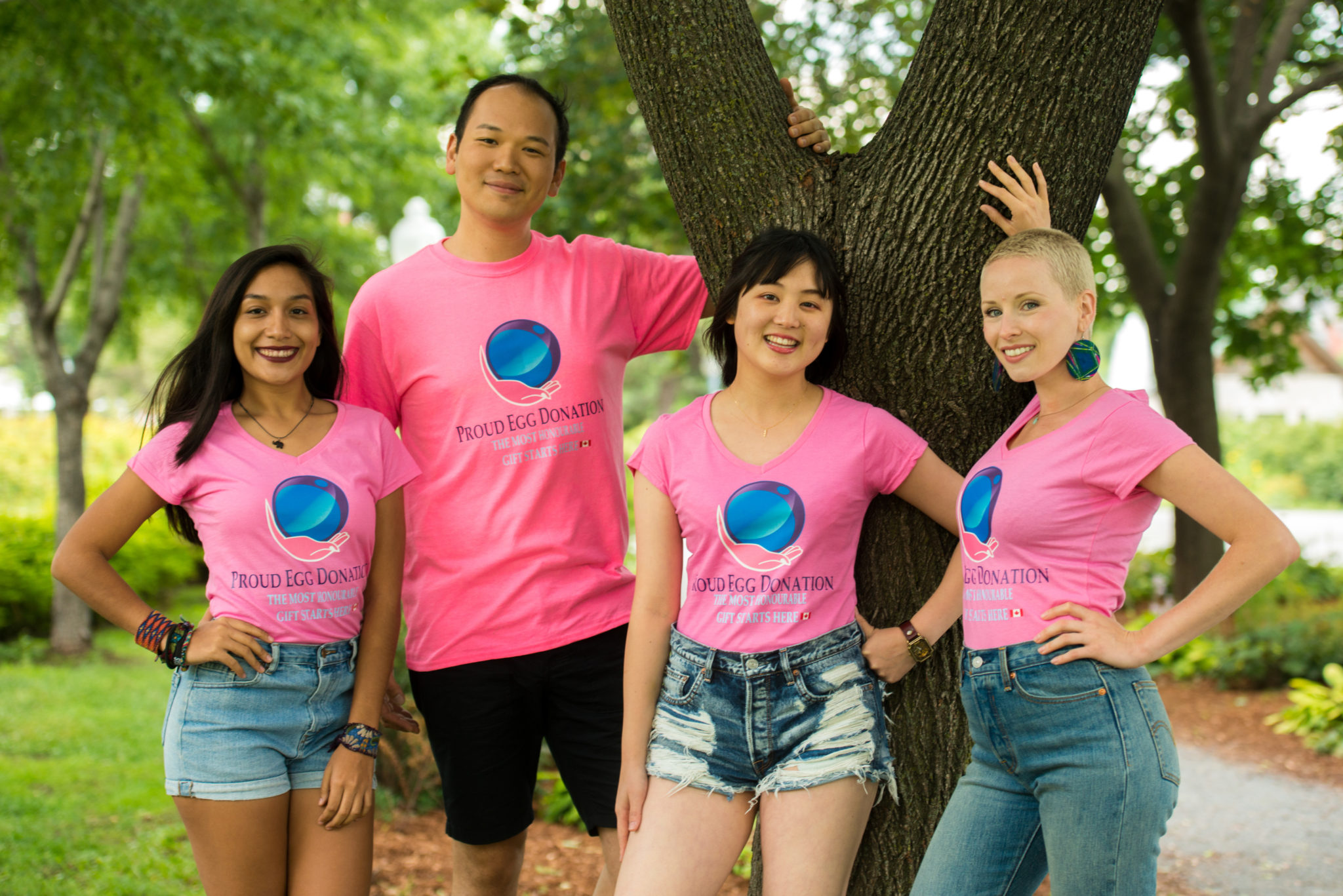Egg Donors: Frequently Asked Questions (FAQ)
Here you will find the answer to the most often asked questions we hear from Egg Donors. If you still have questions, or you’re ready to become an Egg Donor please complete the Egg Donor Interest Form.

Proud Egg Donation FAQs
What medical procedures are involved with the egg donation process?
How long is the egg donation process?
Are there risks and side effects involved in egg donation?
Will egg donation impact my future fertility?
What are the qualifications to be an Egg Donor?
To learn more about what it takes to become and Egg Donor visit our Egg Donor Qualifications page.
Can I be an Egg Donor if I take birth control pills?
Can I become an Egg Donor if I have had a tubal ligation?
What if I am taking Depo Provera for birth control?
Can I donate my eggs while I am breastfeeding?
What happens after my eggs are retrieved? Will I be kept informed? Will I meet the family who receives my eggs?
Following the retrieval process, the eggs will be fertilized and observed. It is unlikely that all of the eggs will develop. Then, the desired number of embryos will be transferred to the Gestational Carrier (Surrogate) or recipient. Any leftover embryos will be frozen.
You will agree on the level of anonymity you desire prior to the egg donation process. You can be as anonymous or as friendly with your Egg R
You can choose to have a relationship with your Egg Recipient(s). This is called a known egg donation. Should your egg donation arrangement be known you may meet the recipients of your donation prior to the process. You and your recipients may agree for you to be notified should a pregnancy result, and you may be able to meet their child. Each known egg donation scenario is different and based on the preference of the Egg Donor and the Egg Recipient(s).
For egg donation parties that would prefer more privacy, you would not meet the recipients. You may know basic information about each other but it is unlikely that you will know their name(s) or that they will know yours. You may be informed of the number of eggs that were retrieved and be given no further information.
How much does it cost to become an Egg Donor?
Will I be responsible for expenses like medications, accommodation, or travel?
What is the reimbursement process for egg donation?
Can I donate eggs more than once?
Do I need to travel?
You may need to travel to make your egg donation. Not only will the expenses for your egg donation travel be covered but you don’t have to worry about a thing. We are logistics wizards, meticulously planning your flights, accommodations, and appointments so that you can relax and focus on the generous gift you are giving.
You will require a travel companion, whose expenses will also be covered. You should choose someone you trust who will be caring and compassionate.

